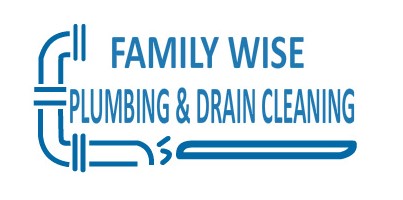Never Have A Clogged Kitchen Sink Again: A Guide to Keeping Your Kitchen Sink Drain Running Efficiently
A clogged kitchen sink drain can prevent the smooth operation of your daily kitchen activities. However, it’s a common occurrence for kitchen sink drains to become clogged or slow over time due to a buildup of grease, food particles, and other debris. In this guide, we’ll explore effective strategies to prevent your kitchen sink drain from clogging up.
- Practice Responsible Garbage Disposal:
The first line of defense against clogged drains is to be mindful of what goes down the disposal. Avoid dumping large food scraps, fibrous materials, and non-food items down the sink, that is sure to clog up your kitchen sink drain. So we suggest you invest in a sink strainer to catch debris before it enters the drain. - Regular Cleaning:
Schedule routine cleaning sessions to prevent the accumulation of grease and food residue. Mix equal parts baking soda and vinegar and pour it down the drain, allowing it to sit for at least 30 minutes. Follow up with hot water to flush away the loosened debris. This natural cleaning solution is not only effective but also eco-friendly and can help avoid a clogged kitchen sink drain. - Hot Water Flush:
Run hot water through the sink after each use to help prevent the buildup of grease and soap. Hot water helps to dissolve substances that may accumulate in the pipes, preventing them from solidifying and causing clogs. - Avoid Chemical Drain Cleaners:
While chemical drain cleaners may seem like a quick fix, they can damage your pipes over time and harm the environment. Opt for safer alternatives like enzymatic drain cleaners, which use natural enzymes to break down organic matter without causing harm to your plumbing. - Regularly Remove and Clean the P-Trap:
The P-trap, the U-shaped pipe beneath the sink, is designed to trap debris and prevent it from entering the main drain. Periodically remove and clean the P-trap, as it can become a breeding ground for bacteria, fruit flys and a hotspot for clogs in your kitchen sink drain line. - Use a Plunger:
In case of a slow drain, a plunger can be a handy tool to remove a clog from your kitchen sink drain. Place the plunger over the drain, ensuring a tight seal, and push and pull to create suction. This can help dislodge minor clogs and improve water flow. - Install a Grease Trap:
Grease is a common culprit for drain clogs. Installing a grease trap can help prevent grease from entering your plumbing system. Dispose of grease in a separate container, allowing it to solidify before discarding it in the trash. - Seek Professional Help When Needed:
If you encounter persistent or severe drainage issues, it’s advisable to seek professional assistance from Family Wise Plumbing. We can perform a thorough inspection, identify underlying issues, and provide solutions to ensure your kitchen sink drain operates smoothly without any clogs.
Conclusion
A well-maintained kitchen sink drain is crucial for a functional and hygienic kitchen. By adopting these proactive measures, you can prevent clogs and ensure that water flows freely down your drain, making your kitchen tasks more efficient and enjoyable. Regular maintenance not only preserves the longevity of your plumbing system but also contributes to a healthier home environment.
